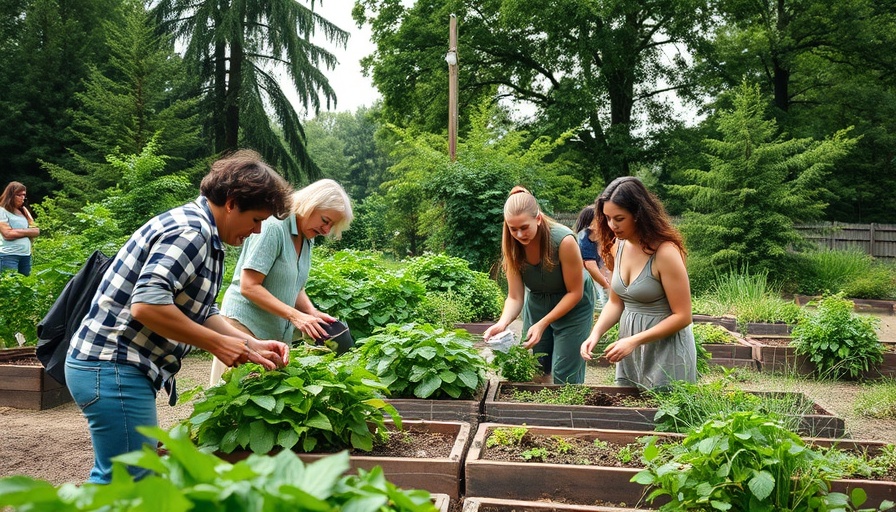
A Water Crisis Turns into an Eco-Friendly Innovation
In a remarkable twist of fate, the ongoing struggle against Kenya's water hyacinth invasion has inspired an inventive solution that could pave the way toward sustainability and economic resilience. Joseph Nguthiru, a young environmental engineer, transformed his frustration from being stuck in a dense mat of the invasive plant in Lake Naivasha into an initiative that aims to benefit both the environment and local communities.
Turning Problems into Solutions
Water hyacinth, a seemingly innocuous floating plant from South America, has become a nightmare for Lake Naivasha. Currently covering a staggering quarter of the lake's surface, it endangers the vibrant aquatic ecosystem, hinders fishing, and reduces tourism revenues by an estimated $350 million annually. With projections indicating that this aggressive plant could smother half the lake within five years, the message is clear: action is imperative.
Nguthiru embarked on a mission to explore the possibilities of utilizing this invasive species. Through HyaPak, his startup, he discovered that the dense mats of hyacinth could be processed into biodegradable products. By repurposing the plant, HyaPak not only removes it from the lakes and rivers but also provides a sustainable alternative to harmful single-use plastic products.
Building a Community-Centric Model
The beauty of HyaPak lies not just in its eco-friendly products but also in its community-driven approach. Local fishermen collect the hyacinth, which is then dried and processed at Egerton University. Here, it is milled, combined with binders, and transformed into biodegradable seedling wrappers and alternatives to plastic bags. This model not only addresses the environmental crisis but also empowers the community by involving them in every step of the process, from harvesting the plant to distributing the finished products.
Benefits Beyond the Lake
For many locals, the impact of water hyacinth is personal. Simon Macharia, chairman of the Central Beach Boat Rides group, reflects on how HyaPak offers a glimmer of hope for fishermen suffering economic losses due to the weed's proliferation. The materials produced by the startup are currently being tested by various institutions, including the Kenya Forest Research Institute and One Acre Fund, indicating the potential for wider adoption and support.
Challenges and Future Predictions
While the march toward a sustainable solution is commendable, challenges remain. Scaling up production and ensuring consistent funding are vital for HyaPak to reach its fullest potential. Future predictions suggest that if ambitious sustainability goals are adhered to, the balance between nature and human activity could be restored. Moreover, the success of HyaPak could inspire other countries struggling with similar invasive species issues to adopt similar community-based eco-initiatives.
Redefining Plastic Alternatives
With the growing demand for sustainable packaging solutions, the biodegradable products developed by HyaPak stand to make a significant impact. The innovative use of water hyacinth can not only reduce the reliance on fossil fuel-derived plastics but can also change the narrative around waste management in local communities. Think of the possibilities: urban farming where biodegradable wrappers could be part of responsible agricultural practices, or hotels that provide eco-conscious amenities which resonate with the values of environmentally-savvy travelers.
Conclusion: Taking Action for Change
As the world increasingly confronts environmental challenges, the stories of changemakers like Joseph Nguthiru show the power of innovative thinking. Not only does HyaPak represent a promising shift toward ecological sustainability, but it serves as a reminder that local solutions can have global implications. Boutique hospitality professionals and eco-conscious business owners can learn from this story and consider how they can incorporate sustainable practices in their operations, supported by products that align with their environmental values.
Let's champion initiatives like these that turn challenges into innovative solutions. Every action counts for our planet’s health, so consider ways to pivot towards sustainability in your own endeavors!
 Add Row
Add Row  Add
Add 




Write A Comment